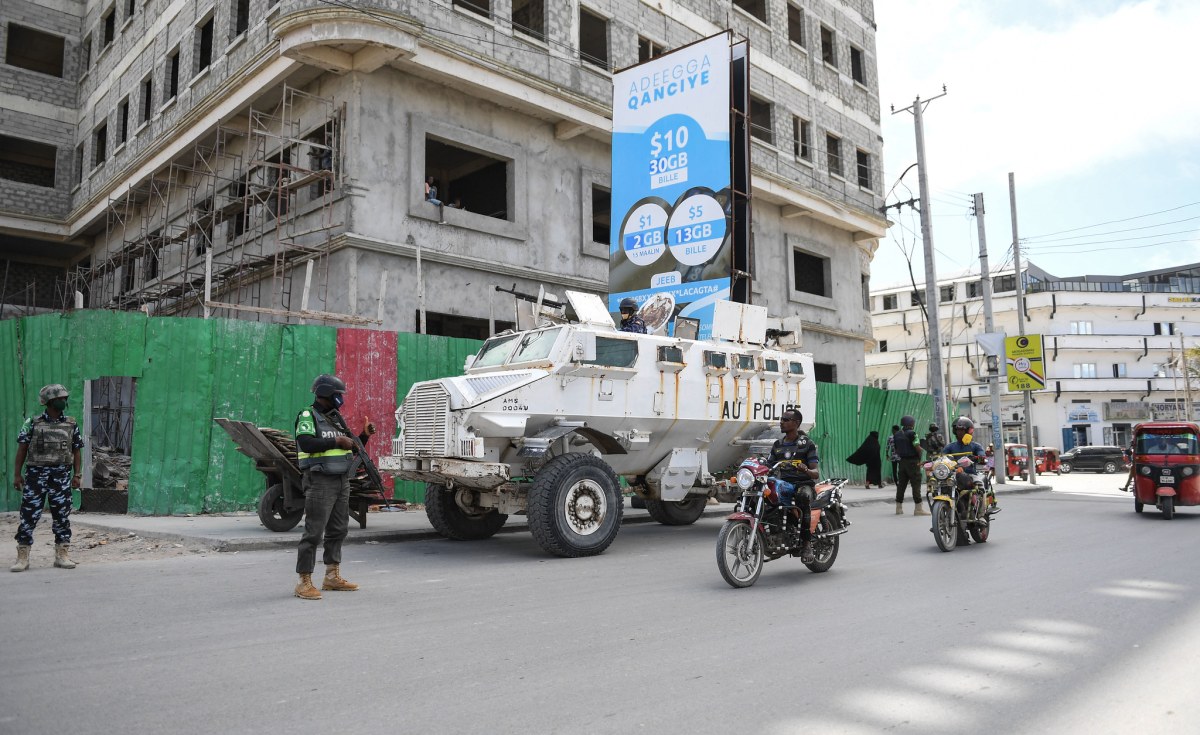Insaf Boughdiri is happy to participate in Rwanda’s monthly Umuganda national holiday, which brings together ordinary citizens to clean streets and tend to public spaces. Boughdiri, who recently moved from Tunis to the Rwandan capital, Kigali, for work, is impressed by the communal effort.
“The campaign stems from a tradition of Rwandan citizens keeping their country clean and forging a sense of togetherness through voluntary work,” said Boughdiri. “It promotes discipline, an appreciation for cleanliness and work, and a collective will to build up and support the country.”
Boughdiri, who holds a master’s degree in law, spent two decades working in Tunisia for French-language media and for television. In Kigali, she joined the press department of the Pan-African Farmers’ Organization. After completing a three-month trial period, Boughdiri was given a two-year contract.
Seeking employment in Rwanda
Boughdiri said she was looking for a new challenge when she decided to relocate to sub-Saharan Africa. She is one of thousands of Tunisians who are deciding to leave the country in light of its economic and political instability to build a better life elsewhere in Africa — rather than in Europe or the Gulf states. Many are just starting their professional careers. Tunisia’s job market is unable to absorb many university graduates, of whom some 226,000 are currently unemployed.
In a recent study, a Tunisian pro-business research institute found that some 70% of university graduates who took part are considering moving away. The study found that participants were highly selective about where to relocate.
Europe reluctant to take in economic migrants
Boughdiri said she never thought about heading to Europe for work. “That would require a legally watertight arrangement, like an employment contract,” she told DW. “Without such paperwork, you will face a lot of difficulties.”
She knew only the bare minimum about Rwanda before she settled there. Since moving, however, she has learned a lot about the country. “I have experienced a country showing considerable solidarity,” she said. “The people of Rwanda have endured civil war and genocide; now, they’re rebuilding their country. It is clean and well-organized, and the country has good digital infrastructure — life here is good.”
Africa’s developing economies hold promise
About 1.7 million Tunisians have left their home country to find work abroad. Most of them, more than 80%, live in Europe. Tunisian expat communities have also sprung up further afield, for example, in China, Japan, Singapore, Taiwan and India.
So far, there are no reliable statistics documenting how many Tunisians have moved to sub-Saharan Africa in search of employment. While the exact numbers are unknown, however, southern Africa is becoming increasingly attractive to Tunisian job seekers — thanks in part to EU-funded support and investment schemes.
Young Tunisians who are looking for work are no longer fixated on heading north and have not been for some time, said Ramadan Ben Omar of the Tunisian ForumforSocialandEconomic Rights. And, he told DW, “there is a growing demand for workers across southern Africa, both for university graduates and laborers. So two trends are converging.”
A good life in Gabon
One example is Anis Belidi, a young Tunisian man who has found gainful employment in the Gabonese capital, Libreville, working for a retail company with Lebanese financial backing.
Belidi opted to immigrate to Gabon in 2018, leaving his wife and two daughters behind. “It was a difficult decision that took my family by surprise,” he recalled. “I was going to move to France but that proved difficult.”
While he says life in Gabon was hard at first, things improved with time. “Now, I’m better off than I was in Tunisia, including financially,” he said.
Dynamic growth expected
Several western African countries are showing particularly strong economic growth at the moment, said Ben Omar. He expects these economies to continue developing further over the next decade, as China’s New Silk Road network is completed there, connecting key cities in northern and southern Africa.
Sonya Mounir, another Tunisian national who has built a career outside her home country, agrees. A psychotherapist, she has worked for Doctors Without Borders for over 11 years in a range of western African countries. She has been living in the Senegalese capital, Dakar, since 2019, acting as the organization’s regional director for reproductive health in western and central Africa.
Mounir’s qualifications and experience could have secured her a job in Europe, she said, though she consciously opted against this. “I decided to live in Senegal; I like working here a lot,” she told DW. “Life here is pleasant; one can study, work and there are many great ways to spend your free time.”
Numerous Tunisian companies are setting up regional offices and branches across southern Africa, encouraging yet more Tunisian nationals to relocate there. The market is booming, and Tunisian businesspeople don’t want to miss their chance. And in turn, their subsidiaries offer many of their compatriots good opportunities.
This article was originally published in German





















Discussion about this post